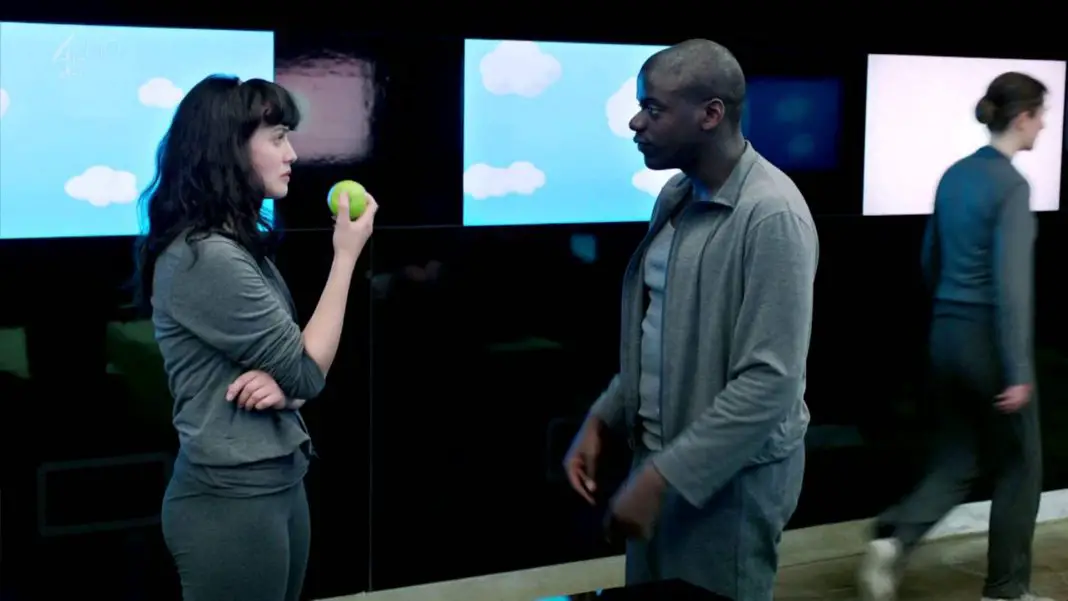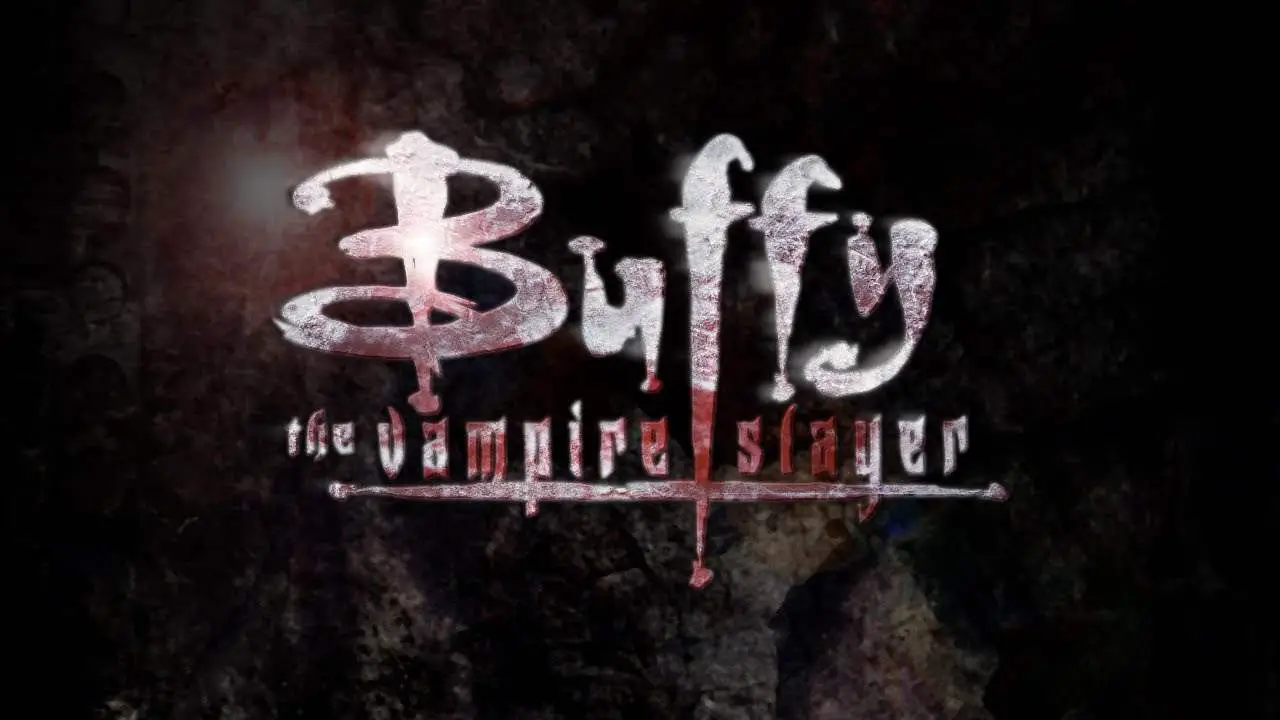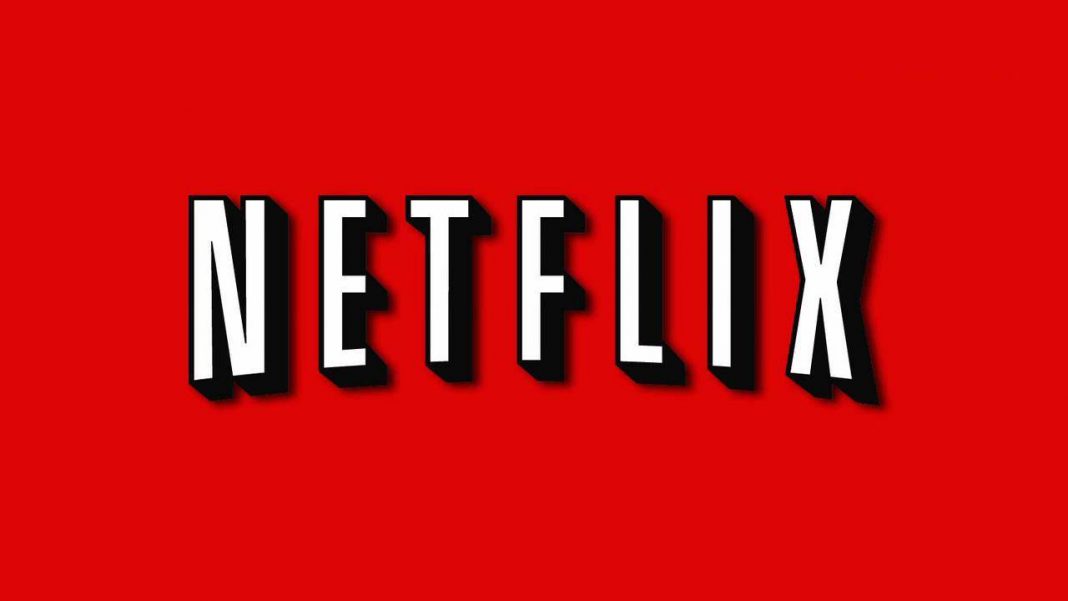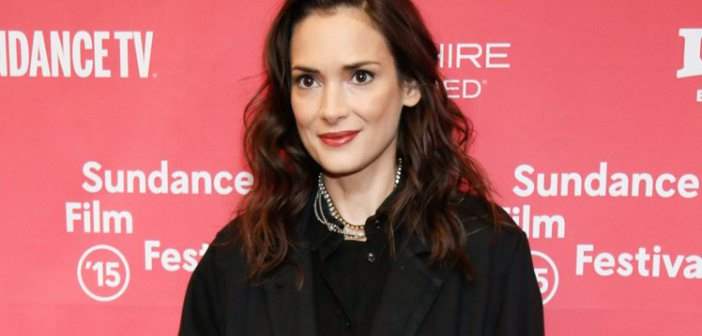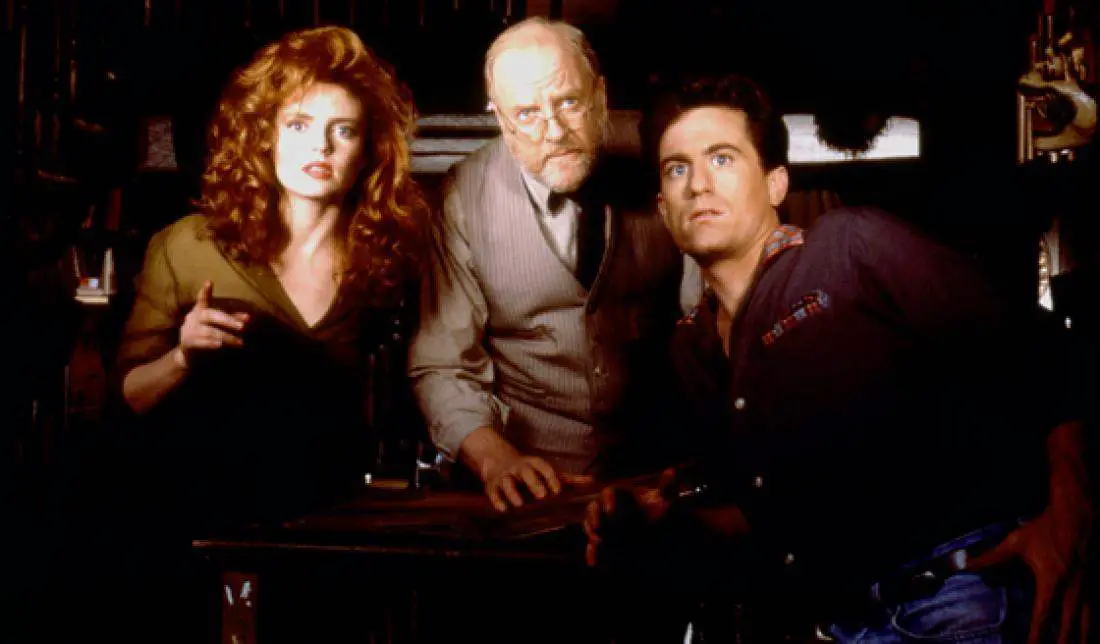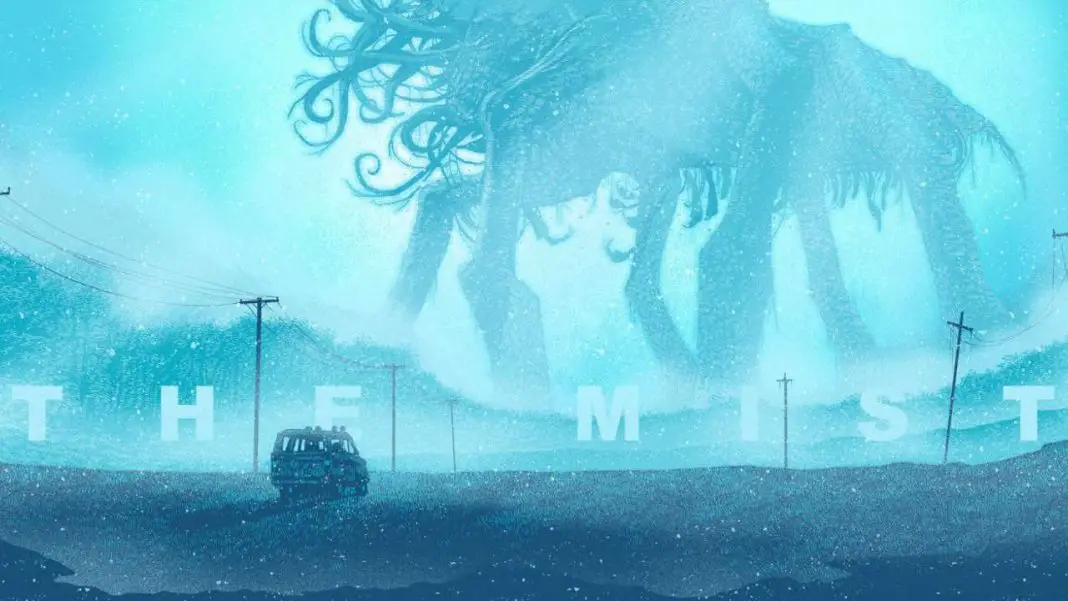As much as we all love escapism and cheesy good fun, the best horror/sci-fi is always culturally relevant and politically charged. It has its finger on the pulse. The Twilight Zone might be the best anthology TV series we’ve ever had. Rod Serling was a genius at tapping into the culture and bringing on writers like himself who not only understood everything that was happening in the moment, but could basically predict the future as well.
In the decades that followed, no other series has rivaled Twilight Zone in terms of that same kind of cultural relevancy. Yes, we’ve has great anthologies in general, like Tales from the Darkside, Tales from the Crypt and Masters of Horror, but for the most part they didn’t deal with the same kinds of issues and themes.
Black Mirror, on the other hand, is not shy about being Twilight Zone for the age of social media. That’s an admirable thing if a series can actually pull it off and, luckily, this one does. It expertly turns headlines into tales of science fiction and horror. I will admit, almost everything in Black Mirror falls more into the realm of science fiction than outright horror. But like the best sci-fi, it’s at the forefront of the culture and it is genuinely scary.
If there’s any criticism of Black Mirror it’s that there are multiple episodes that address the same basic issues. But each one is different enough to be warranted. Most deal with themes of social media and the popularity contest inherent to that kind of platform, but there are also episodes that look at new and rising technology, particularly VR. They imagine worst-case scenarios that are uncomfortably plausible.

The premise sounds absurd, goofy, like a bad joke. But it’s treated as something genuinely horrific. That’s when Black Mirror won me over: when I realized how deeply upsetting it could be while handling a topic that seemed ridiculous at first. That’s what this show is best at. Most of these stories stem from real-world news, from headlines, but each of these episodes could very easily have been two-to-three panel political cartoons.
It’s the approach that makes all the difference. Take “Be Right Back” for example. I remember when I first heard about the remote possibility of a social media app that could gather all of the information from a deceased person’s Facebook and Twitter in order to provide the illusion that they were still somehow able to communicate. The whole idea is uncomfortable, but I get why it would be thought up, I get why people would want something like that. The episode takes that and runs with it in the most uncomfortable way, escalating the issue so that the app gets a voice, then a body that looks just like the person. But it’s not them, because they’re gone.
It’s as deep as it is disturbing and that’s what Black Mirror always does as its best. That’s what The Twilight Zone did week after week. People might criticize Black Mirror for being so current and so socio-political, but the series really doesn’t do anything that Rod Serling hadn’t done in Zone episodes like “The Monsters are Due on Maple Street.”
 You can draw a straight line between that episode, where people are convinced an alien could be hiding among them and get violent when they realize it could look like anyone, and the Black Mirror episode “Men Against Fire” in which soldiers who think they’re taking out an alien infestation are actually being influenced by an Augmented Reality implant that causes them to see the opposing side as vicious monsters instead of human beings.
You can draw a straight line between that episode, where people are convinced an alien could be hiding among them and get violent when they realize it could look like anyone, and the Black Mirror episode “Men Against Fire” in which soldiers who think they’re taking out an alien infestation are actually being influenced by an Augmented Reality implant that causes them to see the opposing side as vicious monsters instead of human beings.
The two episodes have the same basic theme, but are applying it to their own cultural mindset and the horrors of their time, those being McCarthyism and terrorism, respectfully. All Black Mirror does is exactly what Twilight Zone did—and Outer Limits as well, to be fair—but it updates all of those fears and insecurities to now. Like The Twilight Zone it’s a show that is able to see the future and tell us that the future is terrifying. As if we couldn’t have figured that out already.
I’m not sure what kind of staying power Black Mirror might have because it could be completely irrelevant within ten years. All or none of these things could come to pass and the show’s impact would be totally lost. I don’t think that’s true, though. Yes, it’s a series about how scary technology is becoming or could become, but beneath all of the sci-fi window dressing, the themes at work are humanistic ones. Social media isn’t remotely scary on its own. What’s scary is that we have worldwide information and communication at our fingertips and this is what we do with it.

